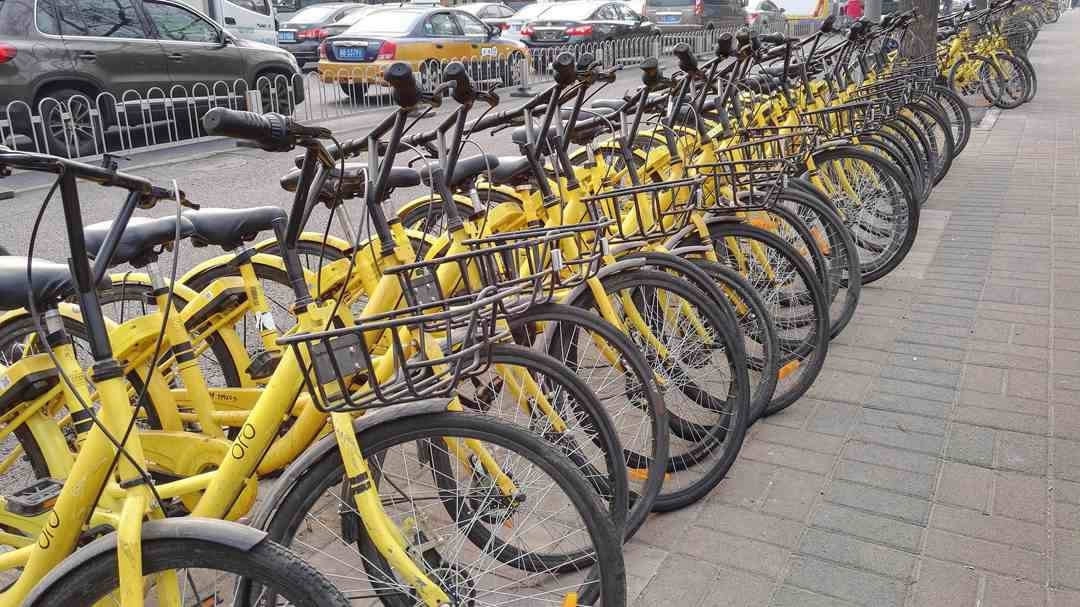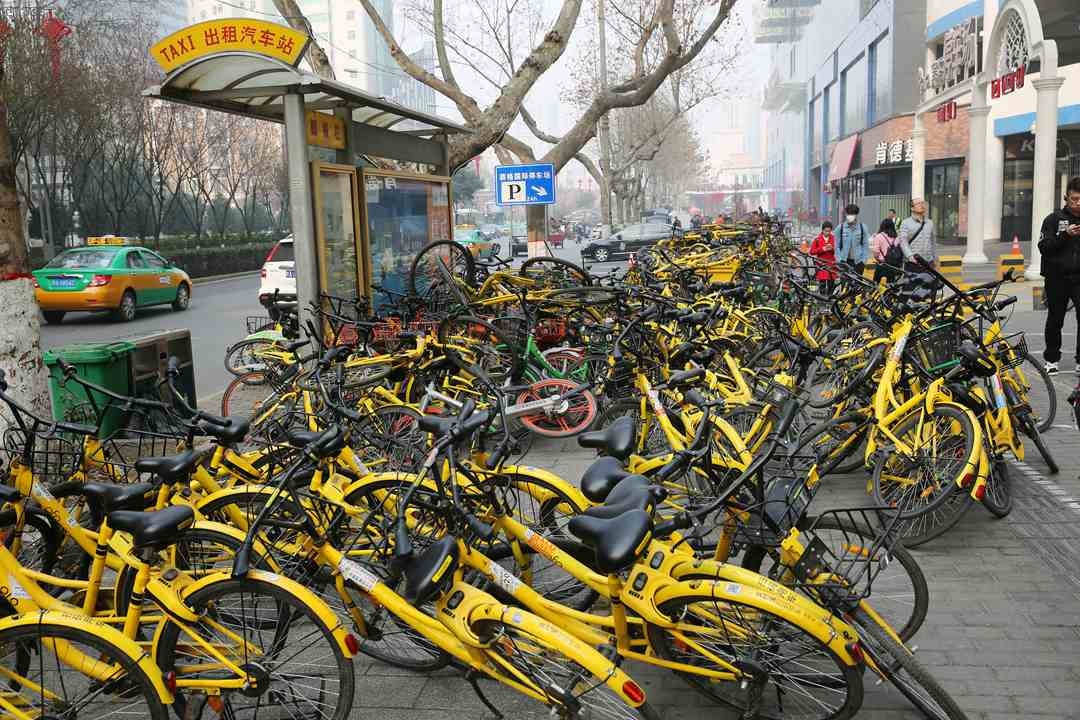
Business
22:57, 15-Mar-2018
China's sharing economy boom
By Yao Chin

Let's start by sharing some figures for 2017 from the State Information Center:
- China’s sharing economy market generated 4.92 trillion yuan in transaction volume, up 47.2 percent from 2016.
- Around 7.16 million people were working in the industries of the sharing economy, 1.31 million people more than in 2016.
- More than 700 million people participated in shared economic activities, 100 million more than in 2016.
- By the end of 2017, there were 224 unicorn companies (private start-ups worth more than 1 billion US dollars) in the world, and 60 of them were founded in China, of which 31 were related to the sharing economy.
Premier Li Keqiang has said that China leads the world in the sharing economy industry, though to clarify, a sharing economy, in the usual sense of the term, refers to “lending” items or services, either for a fee or in return for other resources.
A good example of a sharing economy model is Airbnb, where an underutilized property, such as an apartment or lodging, is rented out temporarily.
The sharing economy is flourishing in China for many reasons. China has an enormous population of tech and e-commerce savvy consumers. It is a country of entrepreneurs and innovators, and of people seeking affordable solutions to problems.
CEOs have frequently stated that China is the perfect test-bed and launch pad for innovation-based businesses.

Left haphazardly on the streets, Ofo bicycles have become a real problem for pedestrians. /VCG Photo
Left haphazardly on the streets, Ofo bicycles have become a real problem for pedestrians. /VCG Photo
But despite expansion, experts have been calling for better government regulations. For example, streets and sidewalks in many cities are clustered with mountains of shared bikes.
Indeed, a higher level of civic responsibility needs to be instilled to help make sharing businesses successful. But even a mountain of bikes can’t get in the way of the enthusiasm for new businesses in the area.

SITEMAP
Copyright © 2018 CGTN. Beijing ICP prepared NO.16065310-3
Copyright © 2018 CGTN. Beijing ICP prepared NO.16065310-3